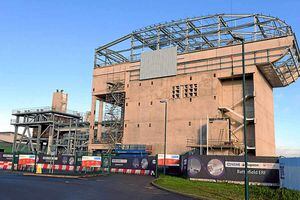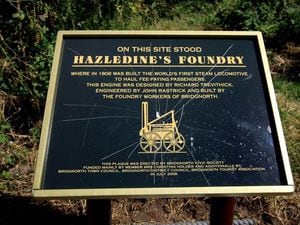Blow as study into incinerators' health effects delayed
A major new study into whether incinerators such as the one currently being built in Shropshire affect human health has been delayed and will not be published until next year, it has been revealed today.

The Public Health England study had been due to be published this March, but will now not be completed until 2015.
Scientists are investigating whether there is a potential link between incinerator emissions and health outcomes such as low birth weight, still births and infant deaths.
The position of the national health protection service is that well-run incinerators are not a "significant risk to public health" and it is carrying out the study to extend its evidence base.
It comes as work continues on the controversial £60 million incinerator being built on the outskirts of Shrewsbury, which is due to be finished next year.
A total of 22 incinerators and their surrounding areas are being examined as part of the study, including ones in Wolverhampton and Dudley.
But the review has been delayed because of "the unanticipated complexity in gathering data".
Work is being carried out by researchers from Imperial College London and King's College London.
They are examining areas of up to 15km away from the incinerators and also investigating potential links with incinerator emissions and babies born with congenital anomalies, such as cleft palate and spine bifida.
Dr Simon Bouffler, deputy director of PHE's centre for radiation, chemical and environmental hazards, said: "It was originally envisaged that preliminary results for this study would be available by March but because of the unanticipated complexity in gathering data this has been delayed. A paper with preliminary results is now expected around the end of 2014, with publication in 2015.
"It is important to stress that Public Health England's position that well run and regulated modern municipal waste incinerators are not a significant risk to public health remains valid, and the study is being carried out to extend the evidence base and to provide further information to the public on this subject."
When the study was announced in 2012, HPA chief executive Justin McCracken said: "While it is not possible to rule out adverse health effects from modern, well regulated municipal waste incinerators with complete certainty, any potential damage to the health of those living close-by is likely to be very small, if detectable.
"However, we recognise that there are public concerns about this issue and this study will provide valuable new evidence."





